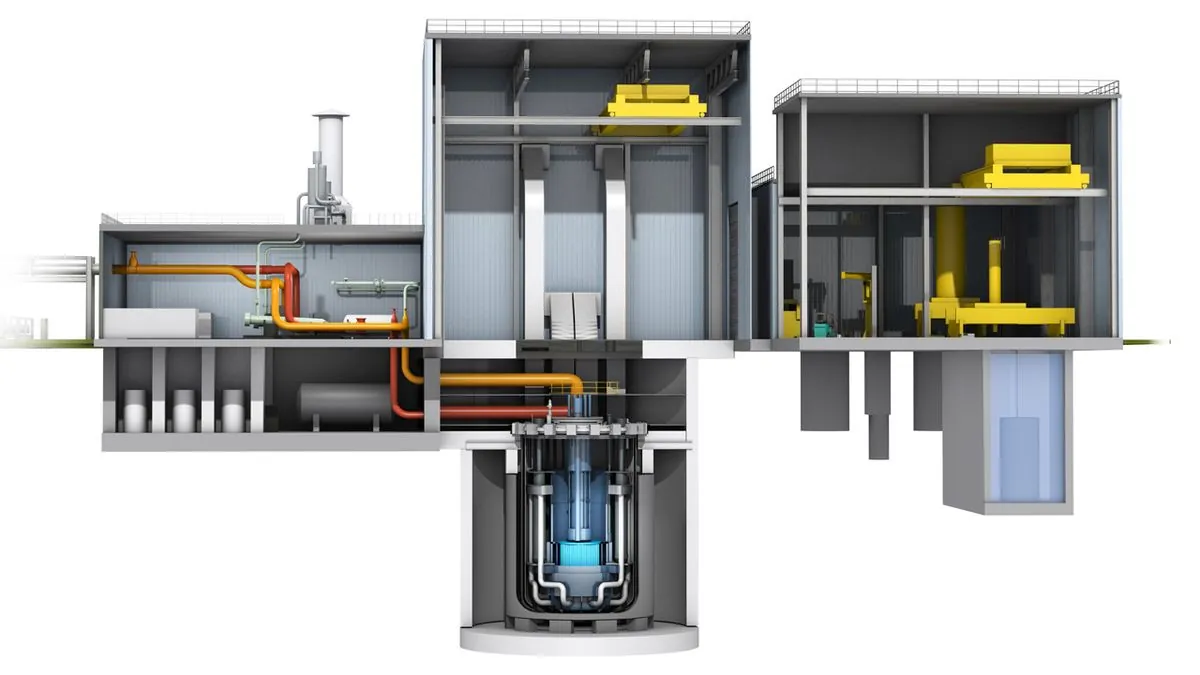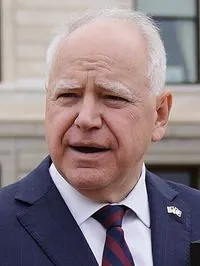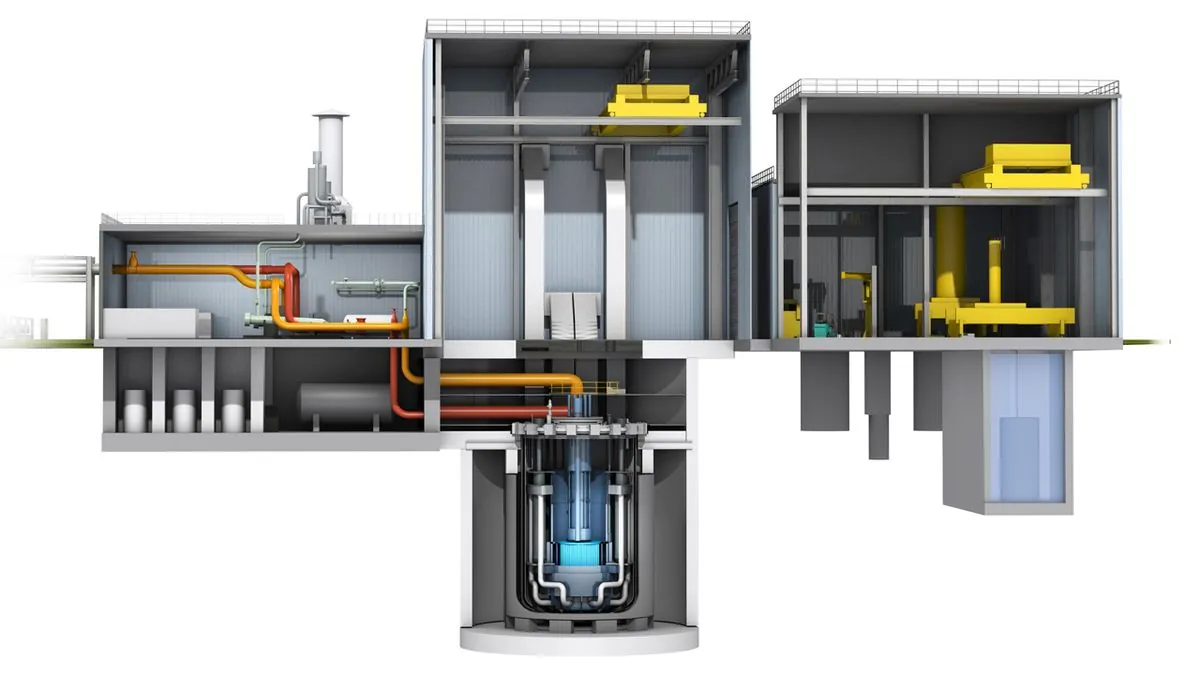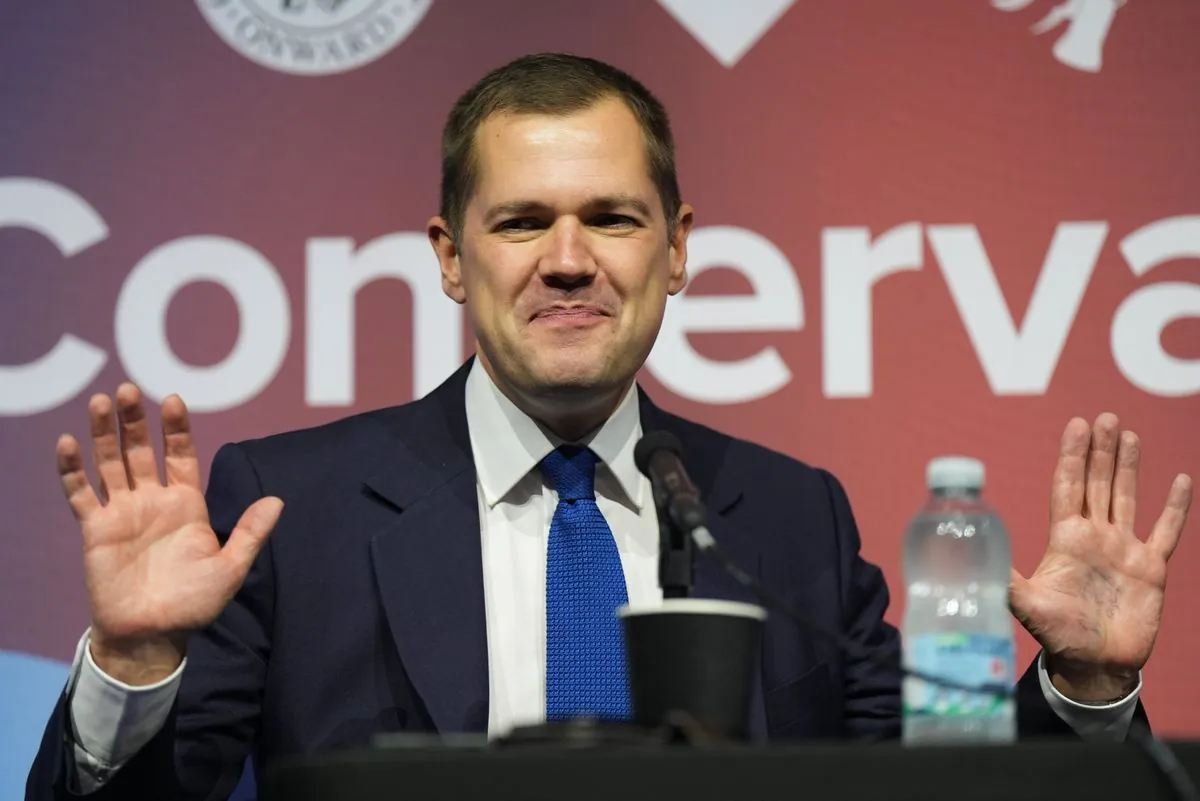Nuclear Startup Newcleo Shifts HQ from London to Paris Amid UK Support Concerns
Newcleo, an Anglo-Italian nuclear firm, relocates to Paris citing lack of UK government backing. The move follows personal lobbying by French President Macron and promises significant investment in France's nuclear sector.

Newcleo, an Anglo-Italian nuclear startup specializing in mini reactors fueled by reprocessed nuclear waste, has announced its relocation from London to Paris. This decision comes in response to perceived insufficient support from the British government and active courting by French authorities.
The company's CEO, Stefano Buono, revealed that French President Emmanuel Macron personally lobbied for Newcleo's investment, contrasting sharply with the UK government's apparent lack of interest. This engagement has led Newcleo to concentrate its efforts on France, abandoning previous plans to distribute investments between the UK and France.
Newcleo's French investment strategy includes allocating billions of euros to construct a fuel factory in southern France and develop a prototype mini reactor by the end of this decade. This shift aligns with France's significant reliance on nuclear power, which generates approximately 70% of the country's electricity.

The relocation decision is a setback for the UK government, particularly as it prepares to host the International Investment Summit on October 14, 2024. It highlights the competitive nature of attracting investment in advanced nuclear technologies, a field that has seen growing interest since the 1950s when the concept of Small Modular Reactors (SMRs) first emerged.
Buono stated, "Relocating our headquarters to Paris is a strategic milestone in accelerating our mission to deliver the next generation of sustainable nuclear energy. We are now better positioned to deepen our European partnerships and tap into funding resources from institutional and industrial investors."
Newcleo's investor base includes European entities such as the Italian National Pension and Security Fund for Engineers and Architects (Inarcassa), Italian nuclear engineering firm Walter Tosto, and French nuclear company Ingérop, alongside family offices and individual investors.
Initially, Newcleo had proposed investing £2 billion in the UK to tap into the vast nuclear waste stockpile at Sellafield, the largest civil plutonium stockpile globally. The plan included establishing a reprocessing factory and an advanced modular reactor, potentially creating 500 jobs. However, these plans were abandoned after the UK government denied private companies access to the Sellafield stockpile.
The contrast between the UK and French approaches to courting Newcleo is stark. While Buono was repeatedly invited to meetings with President Macron, including the prestigious Choose France business summit at the Palace of Versailles in 2023, he never secured an in-person meeting with a British prime minister.
This situation reflects broader trends in nuclear energy policy. The UK government launched a competition for SMR designs in 2016 but excluded Newcleo from participating. Meanwhile, the European Union has recently classified nuclear power as a form of green energy under certain conditions, potentially influencing investment decisions in the sector.
As the world grapples with the challenge of achieving net-zero carbon emissions by 2050, the development of advanced nuclear technologies like those proposed by Newcleo could play a crucial role. Nuclear power plants emit significantly less greenhouse gases compared to fossil fuel alternatives, making them an attractive option for countries seeking to reduce their carbon footprint while maintaining energy security.


































